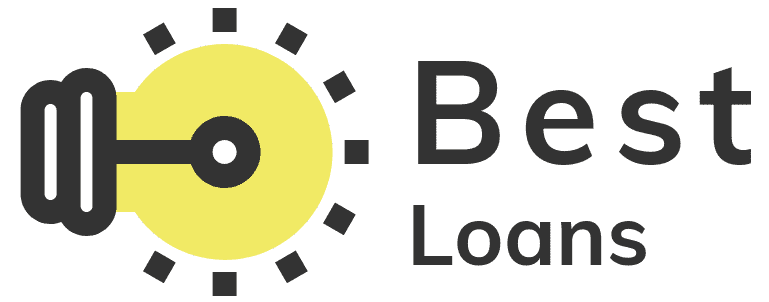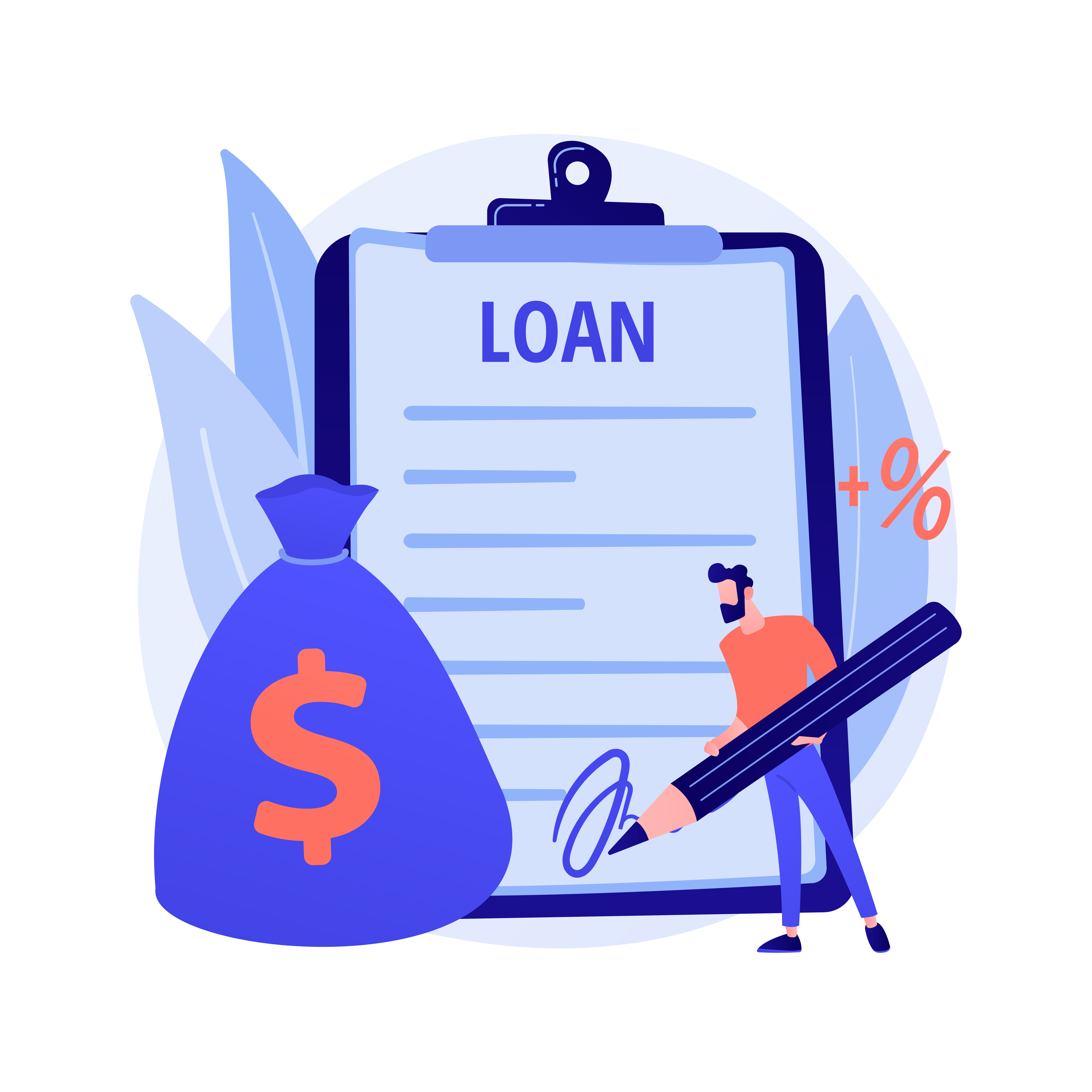If you’ve ever found yourself short on cash and in need of a quick fix to cover unexpected expenses, you may have considered a payday loan. These short-term loans promise fast access to cash, but they come with steep fees and interest rates that can make them an expensive option. While payday loans might seem like a quick solution, they can also lead to a cycle of debt that’s difficult to escape.
In this guide, we’ll explore what payday loans are, how they work, the pros and cons, and whether they’re a good option for you. We’ll also highlight some alternative ways to get financial help that could save you money and prevent long-term financial strain. Let’s dive in!
What Is a Payday Loan?
A payday loan is a short-term, high-interest loan designed to provide fast cash to borrowers who need money before their next paycheck. The typical loan amount ranges from $100 to $1,000, and the loan is generally due within two to four weeks, or on your next payday—hence the name “payday loan.” These loans are usually marketed to people who have poor credit or no access to traditional forms of credit.
Payday loans are often appealing because they don’t require a lengthy application process, and approval is almost instant. However, they also come with extremely high interest rates and fees, which can make them difficult to repay on time.
How Payday Loans Work
Payday loans are designed to be quick and easy. Here’s a typical process for taking out a payday loan:
- Apply for a Loan: You can apply for a payday loan online or at a storefront payday lender. You’ll need to provide proof of income, a bank account, and identification.
- Get Approved: Approval is often granted within minutes, and lenders usually don’t perform a hard credit check. This makes payday loans accessible to those with poor credit.
- Receive Cash: Once approved, you’ll receive the loan amount, either in cash or directly deposited into your bank account. The funds are usually available within 24 hours.
- Repay the Loan: The loan must be repaid by your next payday, which is usually within two to four weeks. You’ll be required to repay the loan amount plus fees and interest. The lender may withdraw the money directly from your bank account or ask for a post-dated check to cover the amount owed.
While payday loans are fast and convenient, the high cost can make repayment challenging, especially for borrowers who are already struggling financially.
How Much Do Payday Loans Cost?
The cost of payday loans can be steep. Lenders typically charge a fee based on the loan amount, usually ranging from $10 to $30 per $100 borrowed. While that may not sound too bad at first glance, it translates to an Annual Percentage Rate (APR) of 300% to 500% or even higher.
For example, if you take out a $500 payday loan with a $15 fee per $100 borrowed, you’ll owe $575 when the loan is due in two weeks. That’s an APR of nearly 400%, significantly higher than what you’d pay with a traditional personal loan or credit card.
If you can’t repay the loan on time, you may be offered the option to roll over the loan by paying an additional fee. This creates a cycle of debt, where you’re continually paying fees without reducing the principal amount owed.
Pros of Payday Loans
Despite the high costs, payday loans do offer some advantages, particularly for those in need of immediate cash and who have limited options. Here are a few pros of payday loans:
- Quick Access to Cash: Payday loans are fast, often providing you with cash the same day or within 24 hours of applying. This can be useful for emergencies like medical bills or urgent car repairs.
- Easy to Qualify: Unlike traditional loans, payday loans don’t require a high credit score or extensive paperwork. Most lenders only require proof of income and a valid bank account.
- No Credit Check: Payday lenders typically don’t perform hard credit checks, which means applying for a loan won’t negatively impact your credit score. This also makes payday loans accessible to people with poor or no credit history.
Cons of Payday Loans
While payday loans offer quick access to cash, their downsides can far outweigh the benefits. Here are some of the most significant cons to consider:
- High Interest Rates and Fees: Payday loans come with extremely high interest rates, often resulting in APRs of 300% to 500%. This can make it incredibly difficult to repay the loan on time, especially if you’re already in a tight financial situation.
- Debt Cycle Risk: If you’re unable to repay the loan by the due date, you may be tempted to roll it over or take out another payday loan to cover the first one. This can lead to a cycle of debt, where you’re continually borrowing and paying high fees without ever reducing the principal.
- Short Repayment Period: Payday loans typically need to be repaid within two to four weeks, which can be difficult for borrowers who are already living paycheck to paycheck.
- Impact on Bank Account: Many payday lenders require access to your bank account to withdraw the repayment amount automatically. If you don’t have enough funds in your account, this can lead to overdraft fees and even a negative balance.
Alternatives to Payday Loans
If you’re in need of quick cash but want to avoid the high costs and risks associated with payday loans, there are several alternatives to consider:
1. Personal Loans
Personal loans from banks, credit unions, or online lenders offer a more affordable alternative to payday loans. Personal loans typically have lower interest rates and longer repayment terms, making them easier to manage. While personal loans require a credit check, many lenders offer options for borrowers with less-than-perfect credit.
2. Credit Card Cash Advance
If you have a credit card, you may be able to take out a cash advance. While cash advances often come with higher interest rates than regular credit card purchases, they are usually still more affordable than payday loans. Keep in mind that interest on cash advances starts accruing immediately, so it’s best to pay it off as soon as possible.
3. Borrow from Family or Friends
If you’re comfortable doing so, consider borrowing money from family or friends. While it may feel awkward, it can save you from the high fees and interest rates associated with payday loans. Just be sure to have a clear repayment plan in place to avoid any strain on your relationship.
4. Credit Union Payday Alternative Loans (PALs)
Some credit unions offer Payday Alternative Loans (PALs), which are designed to provide a more affordable option for borrowers in need of short-term cash. PALs have lower interest rates and longer repayment terms than traditional payday loans. You’ll need to be a member of the credit union to qualify.
5. Negotiate with Creditors
If you’re struggling to pay bills, consider reaching out to your creditors to negotiate a payment plan. Many companies are willing to work with customers who are experiencing financial difficulties, and setting up a payment plan may help you avoid late fees or other penalties.
6. Build an Emergency Fund
If possible, aim to build an emergency fund to cover unexpected expenses in the future. Even a small amount of savings can provide a financial cushion that helps you avoid high-interest loans when emergencies arise.
How to Avoid the Payday Loan Debt Trap
If you’ve already taken out a payday loan or are considering one, it’s important to take steps to avoid falling into a debt trap:
1. Borrow Only What You Can Repay
If you do take out a payday loan, borrow only the amount you know you can repay with your next paycheck. Borrowing more than you can afford to pay back can lead to a cycle of debt that’s difficult to escape.
2. Pay on Time
Ensure that you repay your payday loan on time to avoid additional fees and interest charges. If you’re unable to make the payment, contact the lender as soon as possible to discuss repayment options or an extension.
3. Seek Financial Counseling
If you’re struggling with debt, consider speaking with a financial counselor. Nonprofit organizations like the National Foundation for Credit Counseling (NFCC) offer free or low-cost financial counseling services to help you manage your debt and create a budget.
Conclusion
While payday loans can offer quick access to cash in emergencies, they come with high costs and significant risks. The short repayment periods and steep fees make them a poor long-term financial solution for most borrowers. If you’re in need of money, it’s essential to consider all of your options before turning to a payday loan.
By exploring alternatives like personal loans, credit union loans, or even borrowing from friends or family, you can avoid the payday loan debt trap and keep your finances on track. Remember, the best solution is to build an emergency fund and create a budget to prepare for future financial challenges.
FAQs About Payday Loans
Are payday loans legal?
Payday loans are legal in many states, but the regulations vary. Some states have strict laws limiting the fees and interest rates that payday lenders can charge, while others have banned payday loans entirely. It’s essential to understand your state’s laws before taking out a payday loan.
What happens if I can’t repay my payday loan on time?
If you can’t repay your payday loan on time, you may be charged additional fees or interest. Some lenders allow you to roll over the loan, but this can result in even higher costs. In some cases, lenders may take legal action or send your account to a collection agency.
Can payday loans affect my credit?
Payday loans typically don’t affect your credit score directly because payday lenders don’t report to the major credit bureaus. However, if your loan is sent to collections for non-payment, it could impact your credit score.
How can I get out of payday loan debt?
To get out of payday loan debt, start by creating a repayment plan. Focus on paying off the loan as quickly as possible, even if it means making sacrifices in other areas of your budget. Consider consolidating your debt with a personal loan or seeking help from a financial counselor if you’re struggling to repay the loan.
Now that you understand the risks and alternatives, you’re better equipped to make informed financial decisions and avoid the payday loan trap.



